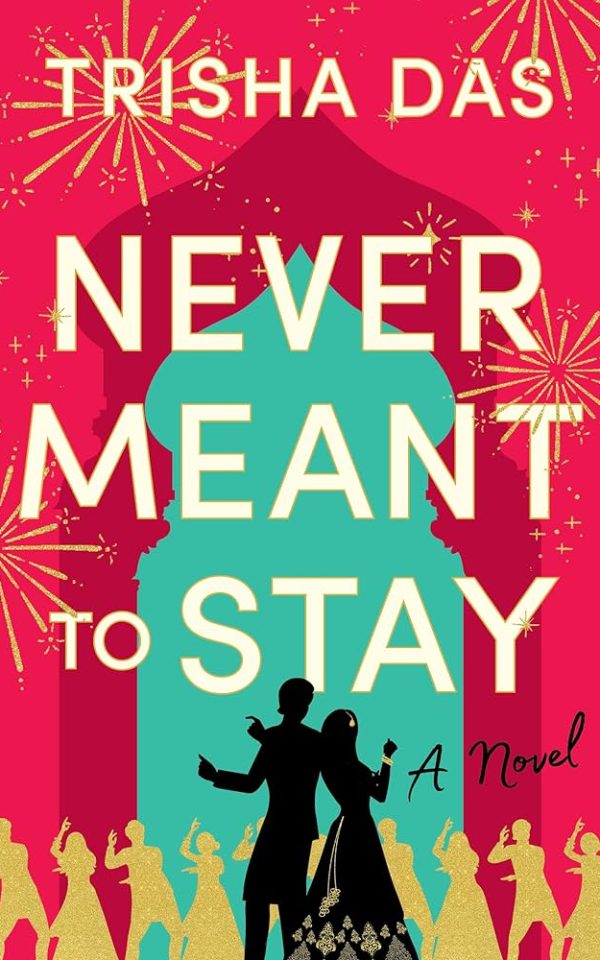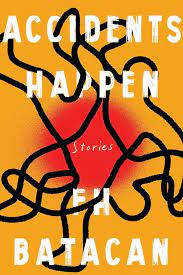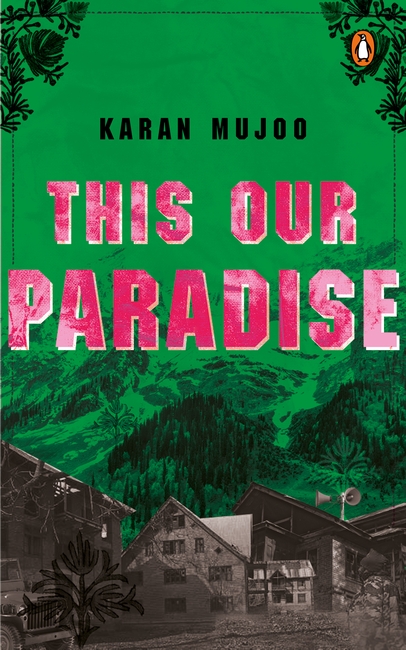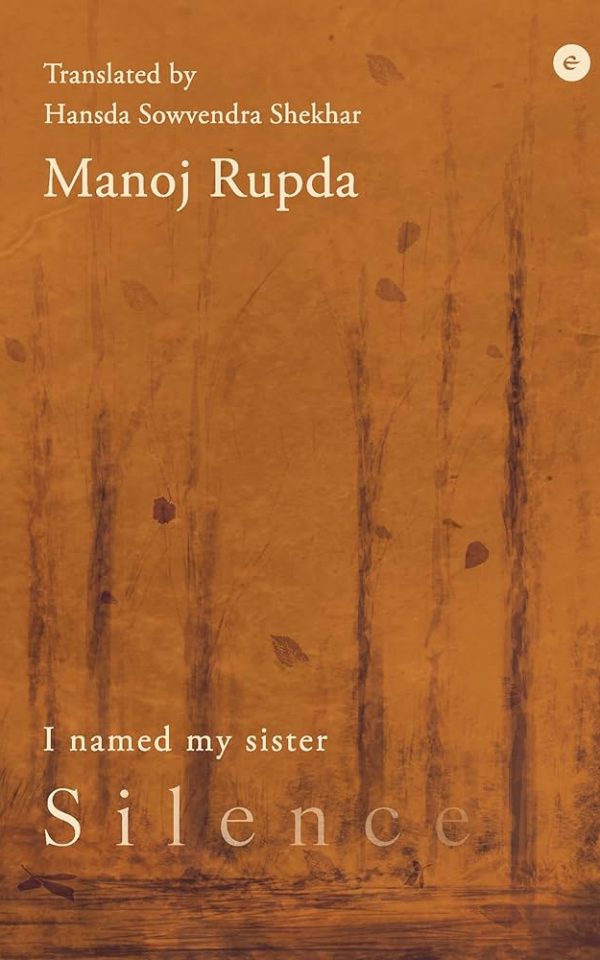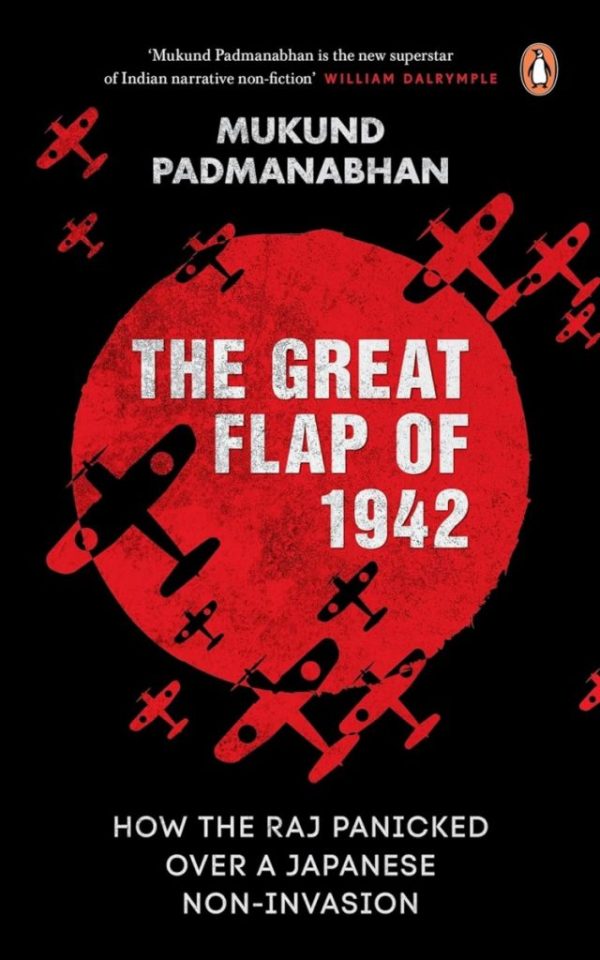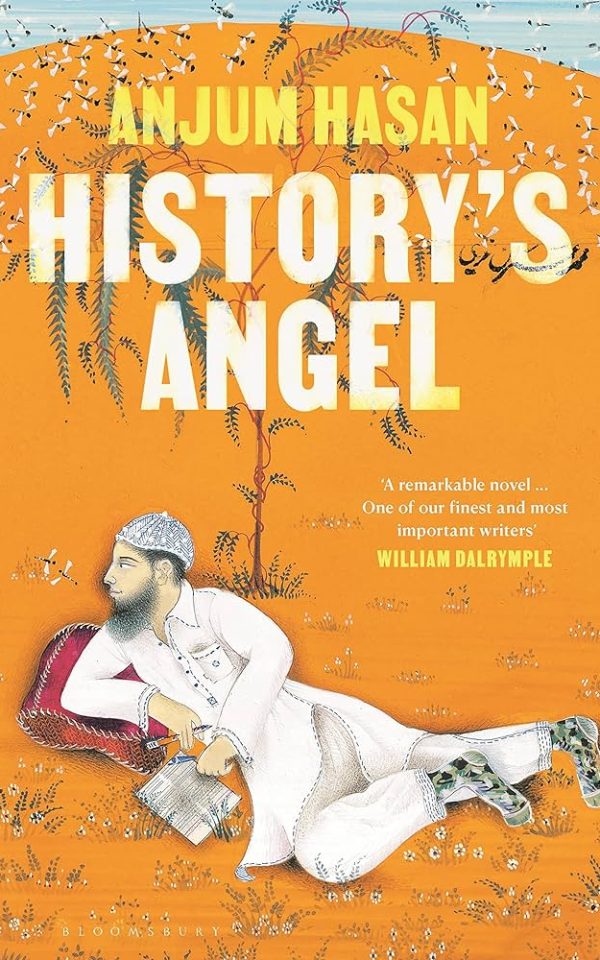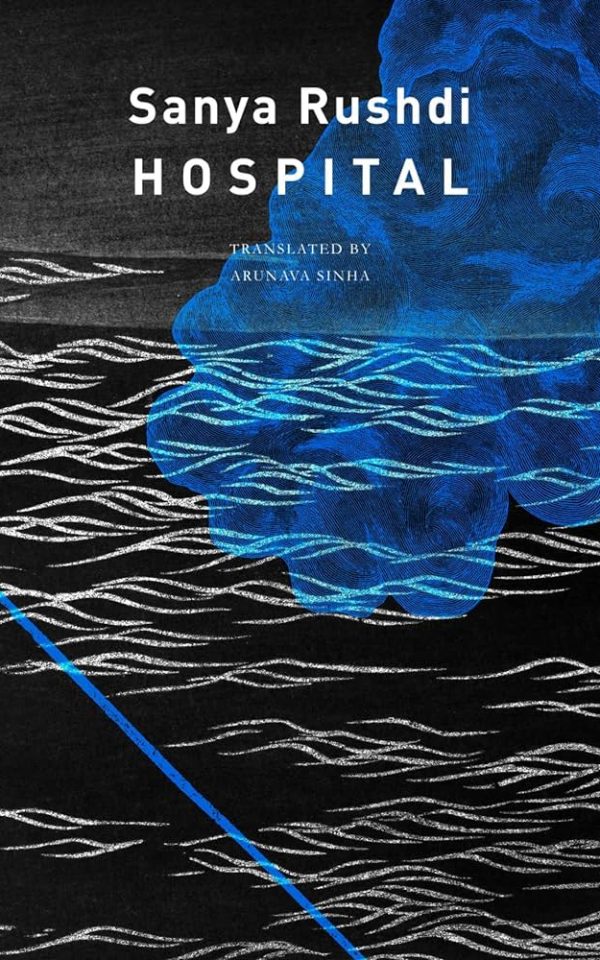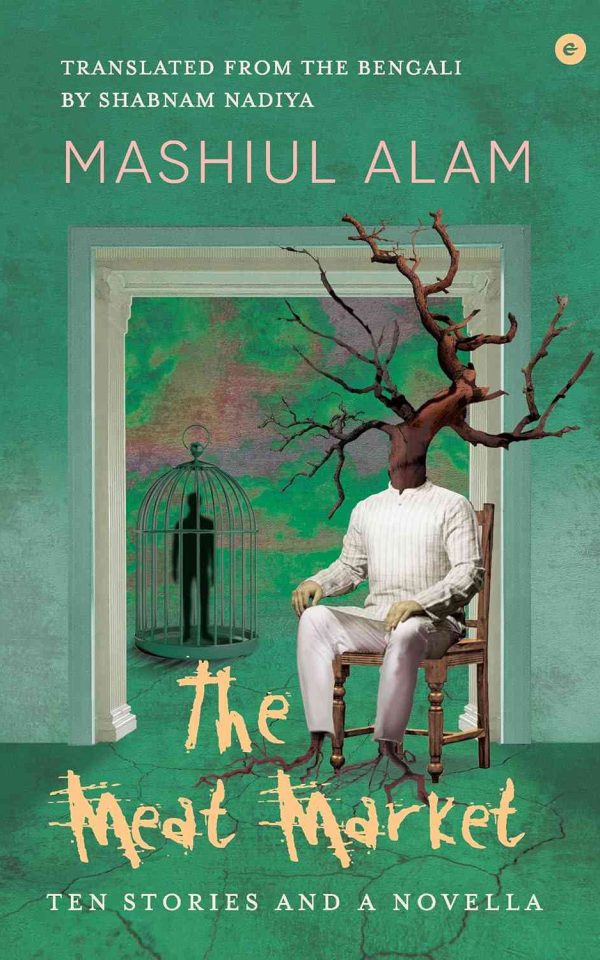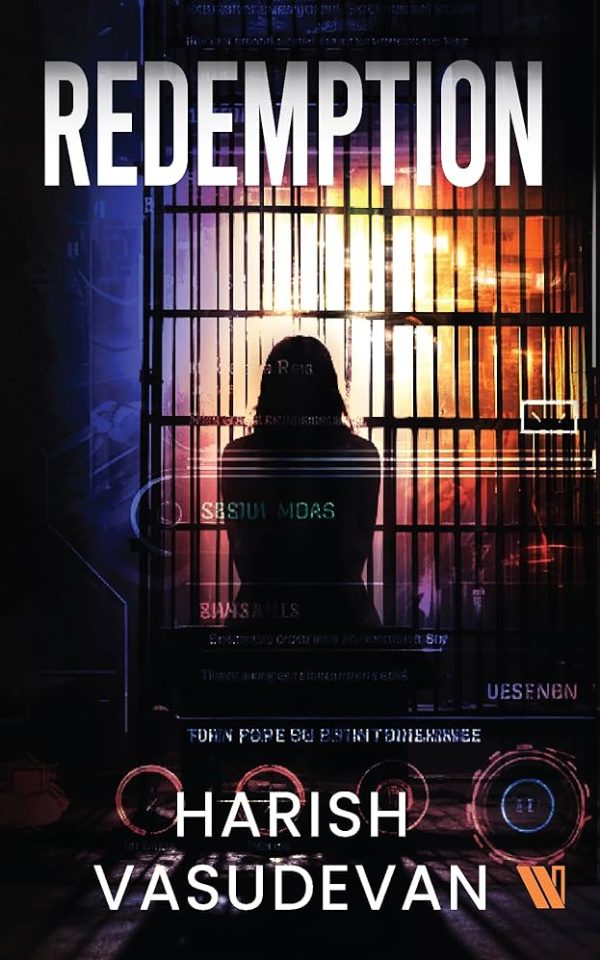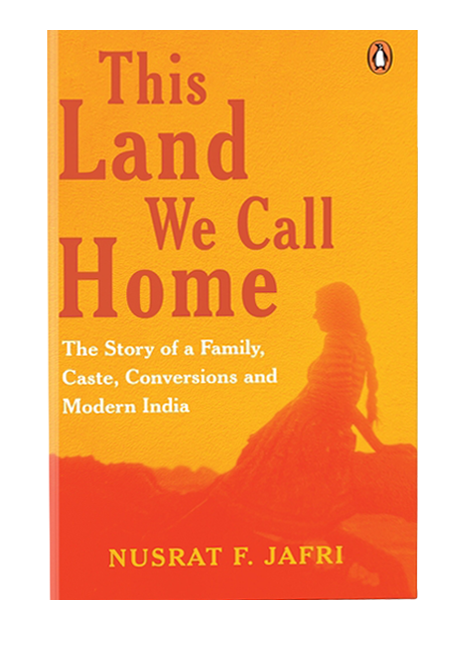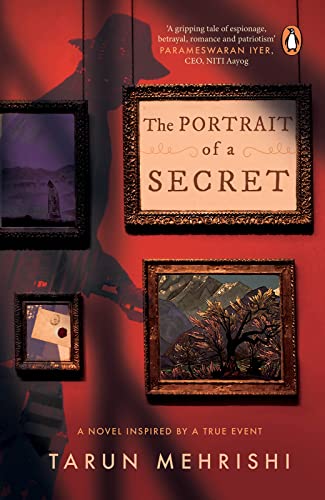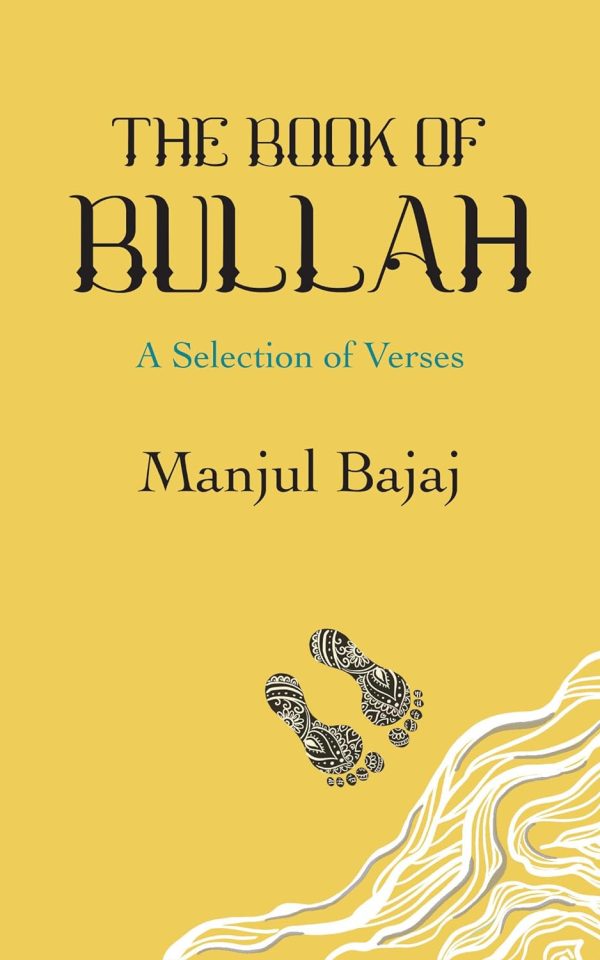Never Meant to Stay
A bighearted romantic comedy about family and finding the perfect match set against the exuberant backdrop of contemporary Delhi. Home has always been a temporary arrangement for Samara Mansingh, a wayfaring wedding photographer and the daughter of a diplomat. When her father is uprooted once again, Samara needs a place to stay in Delhi. Next stop: the Khanna family. Samara’s memories of the Khannas are vague at best, but she doesn’t remember their home feeling so much like a war zone. And the last thing their surly eldest son, Sharav, wants is a houseguest eavesdropping on the chaos.
Sharav has a melodramatic sister pushing back on an arranged marriage, a withdrawn lead-singer brother who won’t sing, and a widowed mother hiding her grief in the garden. Sweeping into the household like a tornado, irrepressible Samara is a practically perfect distraction.
She has a mind to help a girl find true love, push a young man to find his voice, and bring a lonely and loving widow out of mourning. Maybe Samara can even get on Sharav’s ruggedly handsome good side. The only sure thing is that the Khanna family will never be the same again. Neither will Samara, who may finally find what she’s been missing her entire life: a home.

